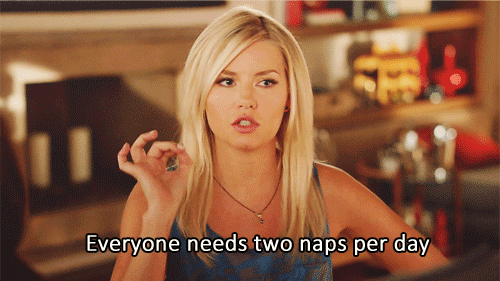'The land is so well distributed that each city has at least twenty miles of it on every side, and on some sides more, where the towns are farther apart...A Phylarch rules over every thirty houses." (Pg. 59)
"Besides agriculture, which as I said is common to all, each person is taught some craft...everyone, man and woman alike, learns one of these crafts." (Pg. 64)
Based on More's recounts, Utopia might look similar to a mandala geographically and systematically. The towns and the people are virtually identical and everything centers around one common core: agriculture, just like a mandala is symmetrical from any degree and has a common center. From there, variation exists in craft, which is organized by category and interconnected with other, larger factors of the whole, and the whole pattern blooms outward. Everything is connected, communal, and equal. This kind of Utopia looks perfect.
Of course, perfection doesn't always look the same...
If more than one "perfect mandala" can be drawn, who's to say we can't create more than one "perfect society?" The only reason we disagree over what's perfect and what's not is because variation is a fundamental part of human nature, and rightfully so. More's Utopia doesn't try to eliminate variation, it just equalizes it. Other "perfect societies" could equalize things differently and still look perfect. I wonder - could Utopia look imperfect?
We have to understand that perfection is actually vague and left open to interpretation for each individual person, so perfection can even look like imperfection to you, me, and everyone else all at once. In the context of societies, maybe variation doesn't have to be categorized and equalized at all. Maybe it could be left alone and emphasized.
I don't know what my Utopia would look like, but I know the distinction between Utopia and Dystopia is one and the same with the distinction between perfection and imperfection: vague and left open for interpretation for each individual person. It's interesting to see what people believe is perfect or not and how well that translates into reality.
Utopia. Thomas More.
















